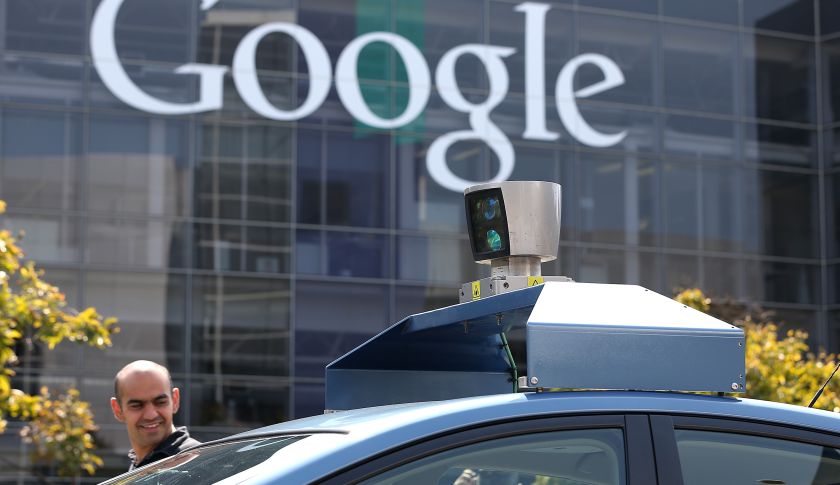
As technology inevitably advances, cars are becoming much safer. It started with airbags and antilock brakes, and soon driverless cars will become commonplace. As safety features become more sophisticated, the number of accidents on the road will significantly decrease. This is, no doubt, good news, but insurance giants are nervous about what it will mean for their companies, since drivers will need less coverage. As Warren Buffett, who owns Geico, puts it: “If you could come up with anything involved in driving that cut accidents by 30 percent, 40 percent, 50 percent, that would be wonderful. But we would not be holding a party at our insurance company.”
Donald Light, head of the North America property and casualty practice for research firm Celent, says that in the next 15 years, as driverless cars start hitting the roads, premiums can drop as much as 60%. He tells insurers: “You have to be prepared to see that part of your business shrink, probably considerably.”
Insurance companies have already had a taste of what that will look like with the introduction of sensors that warn you if another car is too close and other similar features. According to the Highway Loss Data Institute’s 2014 study of insurance claims, bodily injury liability losses dropped by 40%, and medical payments saw a 27% drop. This will only keep getting worse for insurance companies (and better for the rest of us) as self-driving cars become the popular choice. Boston Consulting Group estimates that by 2035, self-driving cars will make up about 25% of all auto sales worldwide.
Insurance companies will be forced to seek out alternate sources of revenue. Tom Wilson, CEO of Allstate, is thinking about selling coverage for other products, such as mobile phones. He’s also considering using data that the company is already collecting about its customers. For example, they track their customers’ driving behaviors so they can offer rewards for safe driving; they could also potentially use that information to send customers coupons as they drive by retailers.
Although this advancement in car safety decreases the need for driver coverage, it also opens up a market for covering the carmakers. If one of their automated features fails, they will want to be insured to cover any liability costs.
More Must-Reads from TIME
- Cybersecurity Experts Are Sounding the Alarm on DOGE
- Meet the 2025 Women of the Year
- The Harsh Truth About Disability Inclusion
- Why Do More Young Adults Have Cancer?
- Colman Domingo Leads With Radical Love
- How to Get Better at Doing Things Alone
- Michelle Zauner Stares Down the Darkness
Contact us at letters@time.com